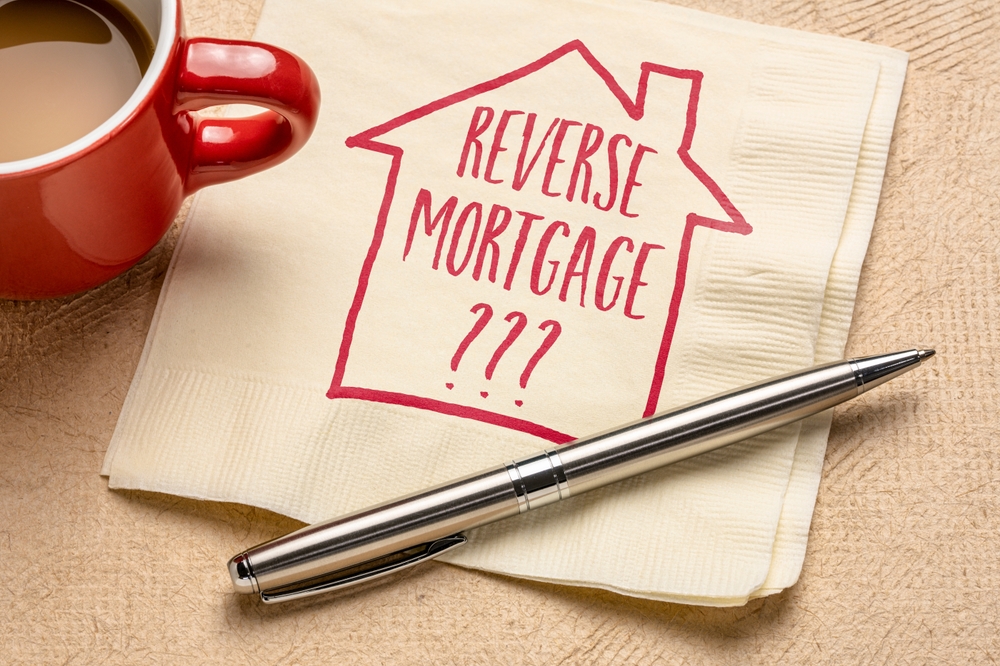A reverse mortgage allows individuals to tap into the equity in their homes without having to sell or move out, giving them access to money they need while continuing to own and live in their home. We'll discuss everything you need to know about reverse mortgages including how they work and if they would be right for you.

How to Qualify for a Reverse Mortgage
To qualify for a reverse mortgage, you must be at least 62 years old and own a home. You don't need to have good credit or make any income in order to qualify. However, lenders will still evaluate your eligibility based on criteria such as the age of the youngest borrower, your current financial situation, and the value of your home.
Your lender will also assess whether or not you have enough money to pay for ongoing taxes and insurance premiums as well as other necessary expenses related to ownership of your home. Depending on the type of reverse mortgage loan you choose, there may be additional requirements that must be met in order to qualify. Additionally, you must also attend an approved counseling session to ensure that you understand how the loan works and its possible implications.
How Can a Reverse Mortgage Help?
A reverse mortgage can provide significant financial benefits to senior homeowners. The funds obtained from the reverse mortgage can be used in a variety of ways, including making home improvements, paying off existing debt, supplementing retirement income, and covering medical expenses. With a reverse mortgage, you still retain ownership of your home while borrowing money based on the equity value of your house.
Qualifying for a reverse mortgage is relatively straightforward as long as certain criteria are met. You must be at least 62 years old and own your own home outright or have a significant amount of equity built up in it. Additionally, you must also attend an approved counseling session to ensure that you understand how the loan works and its possible implications.
Once qualified for a reverse mortgage, you can receive lump-sum payments, monthly payments, or a line of credit for as long as you remain in your home. This can provide significant financial relief and allow you to enjoy your retirement more comfortably. Ultimately, reverse mortgages are an attractive option for seniors looking to tap into their home equity without having to move out of their homes. However, it is important to research your options carefully and understand the potential pros and cons before making any final decisions.
Things to Consider Before Getting a Reverse Mortgage
Before getting a reverse mortgage, it is important to understand the potential implications involved.
-
A reverse mortgage can affect your eligibility for other government programs and could also reduce your estate’s value. Carefully consider all of these factors before making a final decision.
-
Additionally, make sure that you are working with a qualified lender who is familiar with the process and will provide you with all of the necessary information and guidance throughout.
-
You should also be prepared to pay closing costs as well as ongoing taxes and insurance premiums associated with owning a home.
-
Finally, it may be beneficial to seek advice from friends or family members who have already gone through this process so that you can get their insights into what works best for them.
By weighing all of these factors, you can make an informed decision and determine if a reverse mortgage is the right option for your situation. With this knowledge in hand, you can move forward with confidence, knowing that you have done your due diligence and chosen the best path for yourself.